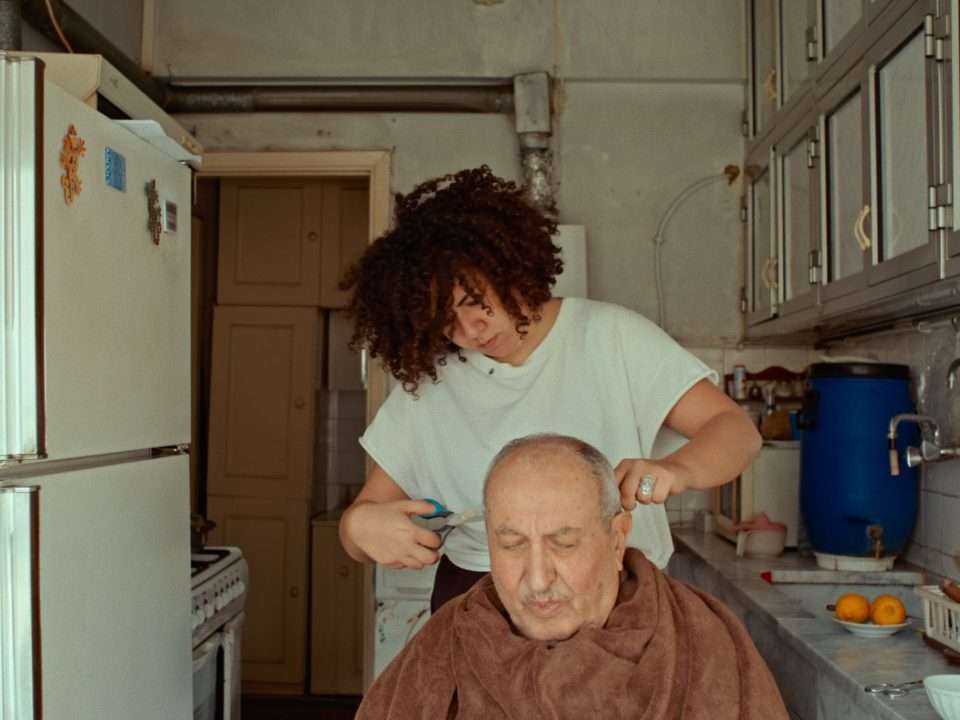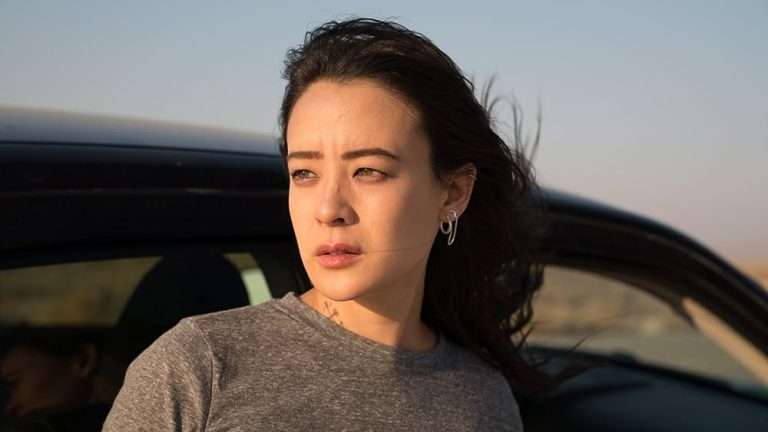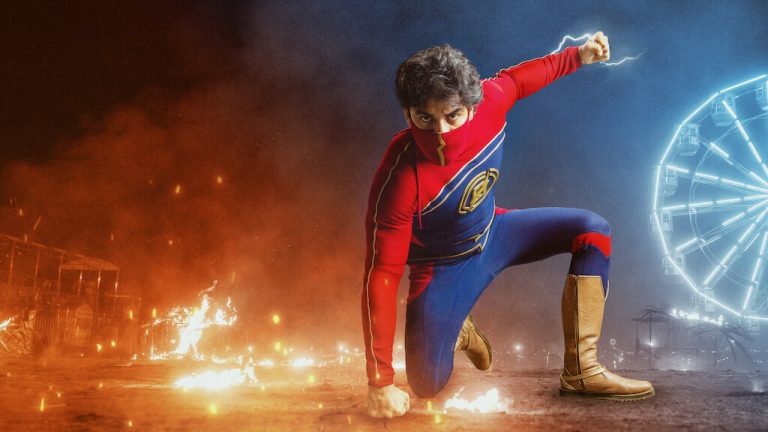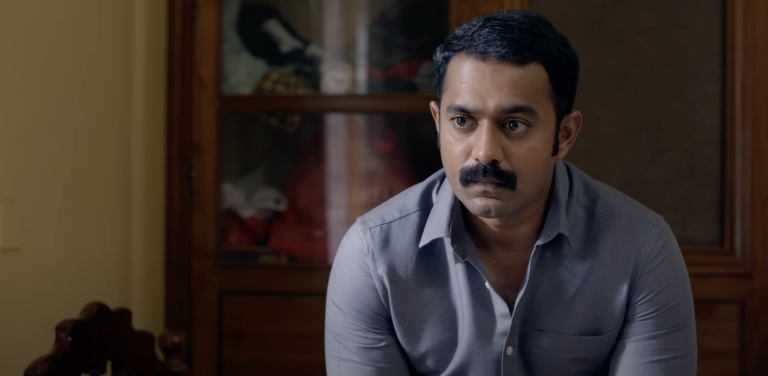Farah Kassem’s “We Are Inside” is a deeply tender, gentle examination of her relationship with her aging father, a renowned poet, set against the backdrop of a country in a churn. It’s a renegotiation of familiarity with both him and Lebanon, where she had been raised and from which she had been gone for a while. She fears that she will ultimately forget him. This stems from a crippling realization that she had lost most of her reminiscences of her mother, who had passed away when she was a kid. It racks her with a constant panic, inducing in her the urge to rigorously document the relationship with her father.
The film spans the final five years of Mustapha’s life. Alarmed at his fading health, she returns to Lebanon, after more than a decade being abroad, to look after him. The 2019 revolution critically accentuates the background. The camera frequently casts a gaze outside the windows of the apartment, directing our attention to the escalating volatility animating the streets. Neighborhoods are heavily militarized, but it cannot place a lid on the intensifying public disenchantment with the regime. Pockets of unrest transform into full-fledged, massive protests, chaos, and bloody encounters. Surveillance is tightly amped up. However, how long can a country’s disaffected populace be afraid and endure repression without registering resistance?
Mustapha belongs to the old guard of classical purists. He espouses the philosophy of having a proper rhyming structure, strongly tethered to a certain tradition of Arabic poetry. Since Farah’s tentative attempts at writing veer more towards prose poems, it gets her flak from her father, who insists poetry should be rhythmical. But as the film traverses the breadth of their evolving relationship, he grows to accept the inclinations of her style, even expressing the desire that he, too, would like to try his hand at a prose poem.
She yearns for his suggestions that would give her an inroad into building a stalled intimacy. The candor of his criticism is often brutal. She tells him he is a ‘soul-crusher.’ Initially, he is reluctant to engage with her work, trying to dodge her efforts to get him to listen and offer constructive advice. Farah isn’t so much driven by a passion for poetry as she is in its potential to help deepen her bond with him. It is the only way she thinks she can truly and intensely connect with him. She wants to understand her work, which, in its density, may be difficult. If she dabbles in writing a few poems, she hopes to be able to access the depth of his thoughts, a lot of which would otherwise be hidden.

The film draws us into intimate circles of the older generation of poets, who seem to be the only friends her father has left. Even as they share clashing opinions, mutual warmth and respect shine through. While one argues about the responsibility of artists to hold a mirror to society, another upholds the purpose of art as solely geared to aesthetic transcendence. But how much can the poet detach himself from talking about the horrors of society? In a revealing exchange with Farah, he wonders if he is making a creative decision that is capable of offending sentiments. She asks him if he ought to have such a concern when he is otherwise sure of the lyrical felicity.
Among the poets, there is also a difference of degree regarding the extent to which Arabic literature should be open and porous to rhetorical inventions employed in foreign literature. In a particularly telling, illuminating scene towards the end, the Sri Lankan-origin Nana, her father’s caretaker for almost two decades, maintains that she has been in Lebanon for a period longer than what Farah rationalizes as being the fact.
Emotional memory seems to outdo a mere temporal fixity tied to reason and accuracy. Mustapha asserts that the past is 60%, the present 10%, and the future 20%. Forgetting is also part of memory, he assures her. Farah Kassem’s approach is meditative and patient. “While We Are Inside” could have done with snipping a few sequences that feel too drawn-out and whose immediate power gets defused, the inward-looking gaze is handled with honesty and transparency, elevating it above the mundane and turning it into the unflinchingly reflective.



![Knives Out [2019] ‘TIFF’ Review – A gripping, Often Hilarious Mystery](https://79468c92.delivery.rocketcdn.me/wp-content/uploads/2019/11/Knives-Out-Review-e1574792109668-768x435.jpg)




